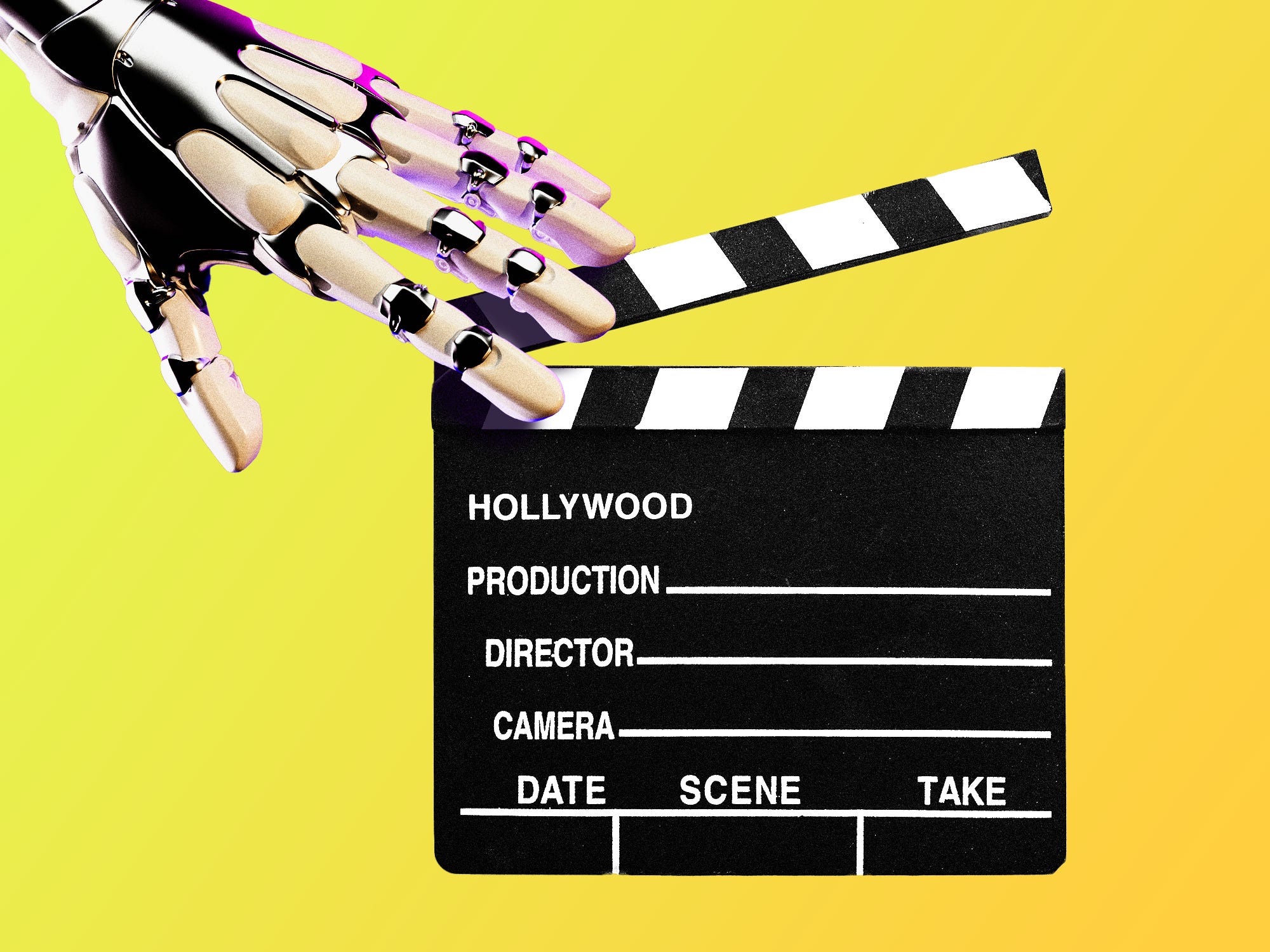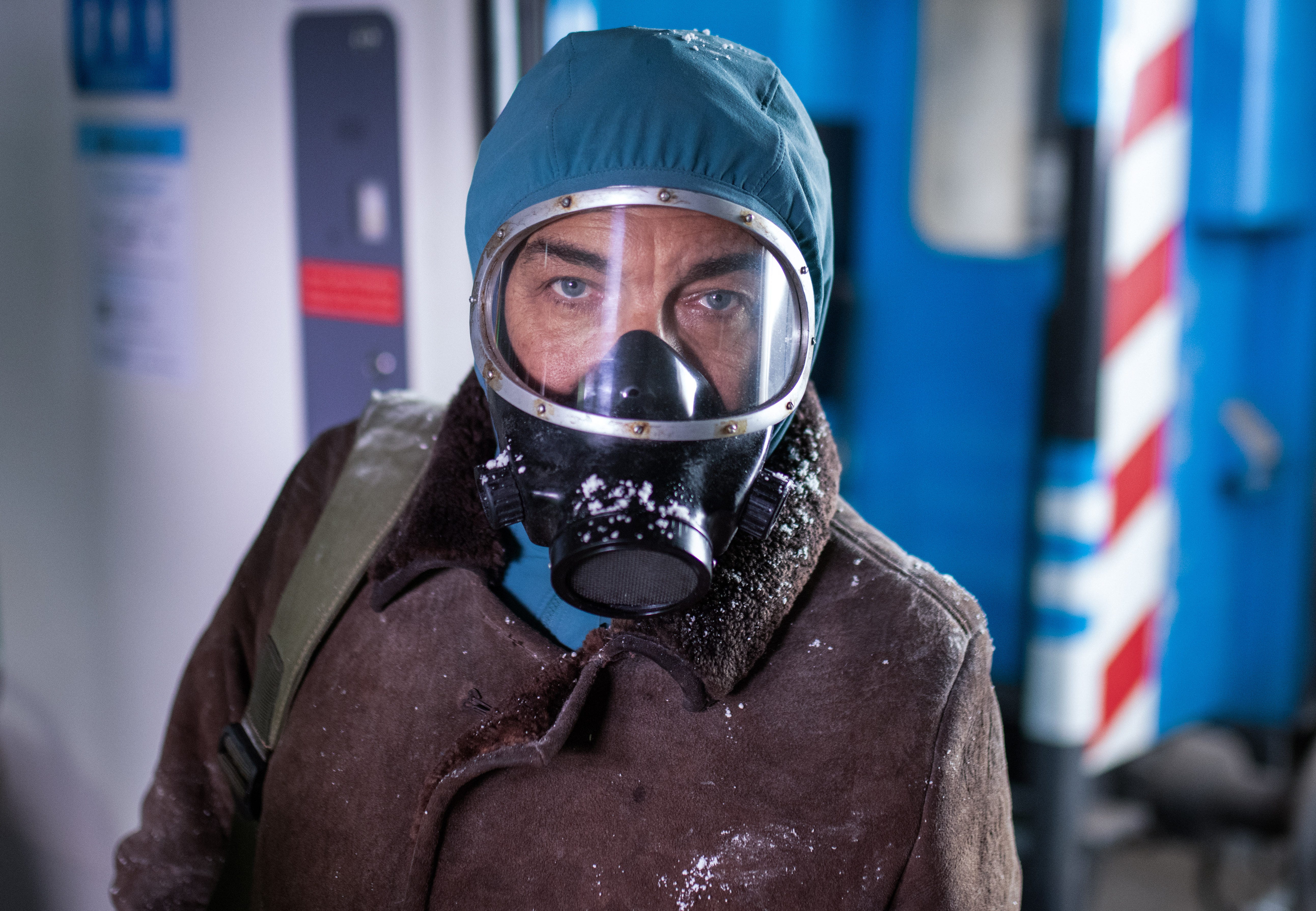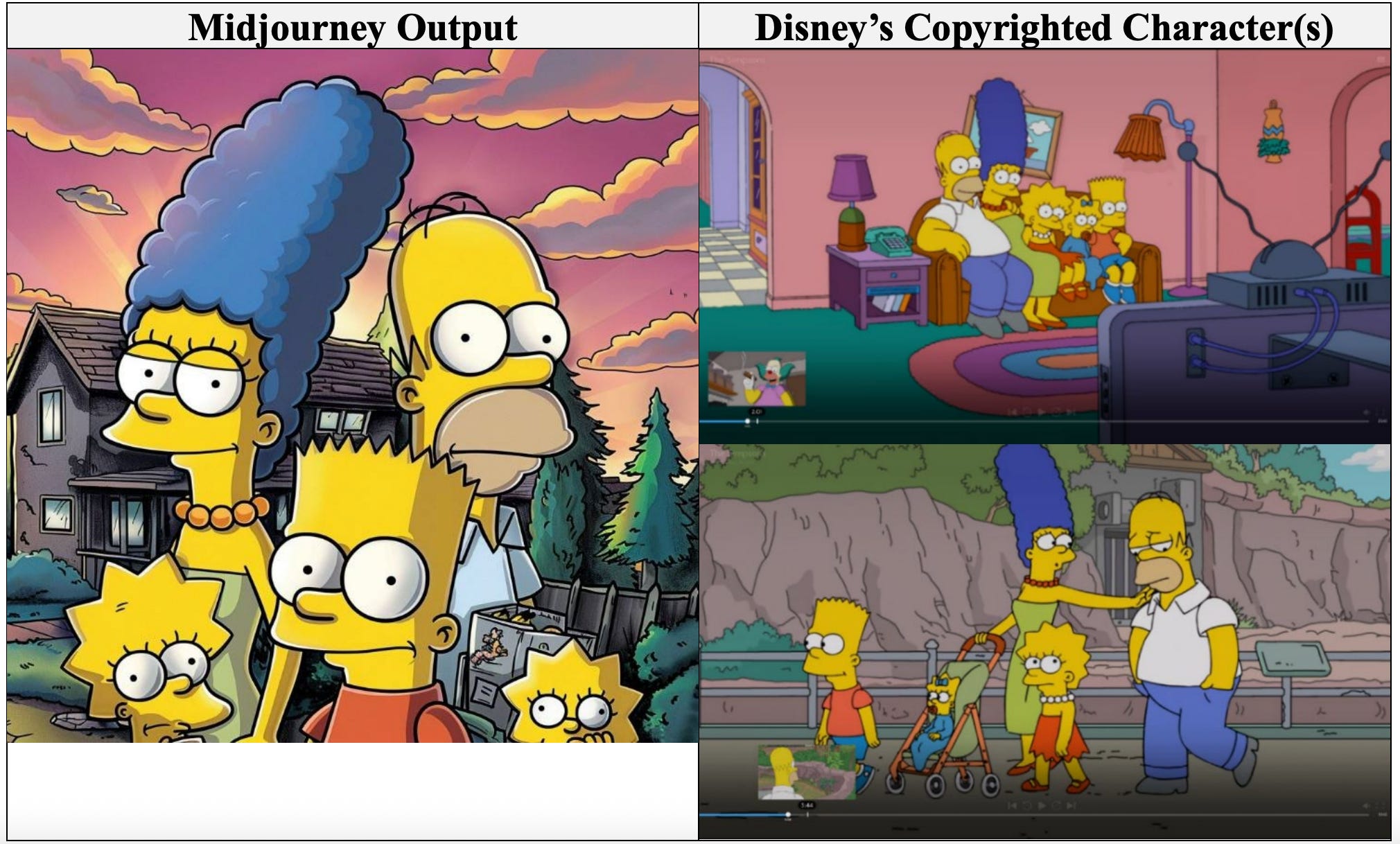
Getty Images; Tyler Le/BI
There’s a new AI anxiety sweeping Hollywood that’s a mix of FOMO and fear.
Entertainment giants like Netflix and Lionsgate have recently touted how they’re using the tech variously to make previews, generate shots, and aid in licensing. But AI still carries a stink in the creative community, and five Hollywood insiders tell Business Insider they dread being associated with it.
The fundamental question the industry is grappling with: Would embracing AI boost my career or torch it?
For some, the answer is to use the tech in secret.
One documentary producer said they avoided weeks of work by using AI to produce a story treatment — or a detailed overview of a film project. The producer believes the time saved gave the final product an edge, but they fear potential consequences if their producing partners found out the treatment was made with AI.
“It’s a quick and short road to getting blackballed,” they said.
“There’s a don’t-ask-don’t-tell use in Hollywood,” a second producer said of AI. They said producers sometimes struggle in normal times to argue that they’re adding value, and the use of AI to aid their work could bolster the argument that they’re not.
It’s hard to quantify how much AI is being used in Hollywood. Major studios are using it to varying extents on different stages of production, often working with AI startups like Runway and Moonvalley. Morgan Stanley predicted last month that TV and film production companies could reduce their costs by as much as 30% by applying AI to activities such as script writing, production, editing, sound mixing, and visual effects.
Some prominent directors are exploring AI and calling on artists to be proactive in harnessing the tech’s possibilities. This year, Darren Aronofsky partnered with Google’s DeepMind to make short films using Google’s Veo video-generation tool. Oscar-winning filmmaker James Cameron, after denouncing AI in 2023, joined Stability AI‘s board in 2024 and said he wants to use AI to slash the cost of the big-effects movies he’s known for.
Certain AI applications, like enhancing special effects and dubbing, are generally more accepted in Hollywood. The closer AI gets to creating original art, the squirmier people get. It’s a delicate dance.
“I worry that people won’t take the time to learn about the potential benefits to our business,” Lionsgate vice chairman Michael Burns told Business Insider. “If you reject it out of hand, you’re not going to move forward.”
Studio execs are going public with their AI usage

Netflix
Hollywood giants have spoken publicly about their use of AI, pitching it as a way to both save money and make better films.
Lionsgate last September issued a press release about a partnership with Runway to experiment with its AI tools. AMC Networks followed suit this year. Amazon has talked about its use of AI to provide TV recaps and has invested in Fable, a startup that lets people make their own TV shows using AI.
Last month, Netflix co-CEO Ted Sarandos revealed that the series “The Eternaut” was the streamer’s first to have shots fully generated by AI in its final footage.
“That VFX sequence was completed 10 times faster than it could have been completed with visual, traditional VFX tools and workflows,” Sarandos said.
Burns said it’s too early to quantify AI’s full financial impact, but said the studio is already seeing some savings. He cited one example where AI brought the cost of a shot down to $200,000 from $1 million.
He said AI would give studios “the ability to make movies we might not have otherwise made.”
Still, many in Hollywood worry about unauthorized or ethically questionable uses of AI.
In June, Disney and NBCUniversal sued the AI company Midjourney, alleging it was stealing their famous characters, such as “The Simpsons” and “Minions.” Midjourney denied the claims in its legal response. And AI is central to a lawsuit that alleged Amazon MGM Studios violated copyright in its “Road House” remake and used AI to replicate actors’ voices to finish the film, in violation of labor contracts. Amazon said the suit was without merit and that the film didn’t use AI-cloned voices.

US District Court in Los Angeles
The writers’ and actors’ guilds won some guardrails on the use of AI after their 2023 strikes. Studios can use AI but can’t use scripts written by the technology, or use cloned actors’ likenesses and voices without their permission.
Sam Tung, a storyboard artist and member of the Animation Guild’s AI committee, said he’d heard from multiple artists in filmed entertainment who’d been asked to participate in what he called “laundering” AI art.
“Someone will create an image with AI and ask an artist to recreate it or repaint it,” Tung said.
A recent study commissioned by the Concept Art Association and the Animation Guild predicted that AI would consolidate or replace more than 200,000 Hollywood jobs over the next three years. It also has the potential to create new jobs for artists who can train AI models for filmed entertainment applications.
Not all studios feel they can talk freely without the chance of backlash from the creative community.
“At studios, the PR teams are very cagey about letting them talk about AI,” said one AI filmmaker who was trying to put together a panel on the topic. “It’s pretty hush-hush. They don’t want the reputation that they’re fully invested in AI.”
They said studios are afraid of online commentators who call AI “slop” and “anti-creative.”
One thing everyone in Hollywood seems to agree on is that the tech isn’t going away.
Verena Puhm heads Dream Lab Los Angeles, the AI studio for Luma AI, whose tools are used in filmmaking and other industries. She said Netflix’s “The Eternaut” marked “the beginning of a broader conversation about how this technology can integrate with traditional production.”
“I think we’ll see people speaking much more openly about how they’re using AI in six months,” she said. “The hesitation we see today will give way to curiosity and collaboration.”
The post ‘Don’t ask, don’t tell’: How Hollywood is using AI on the hush appeared first on Business Insider.




